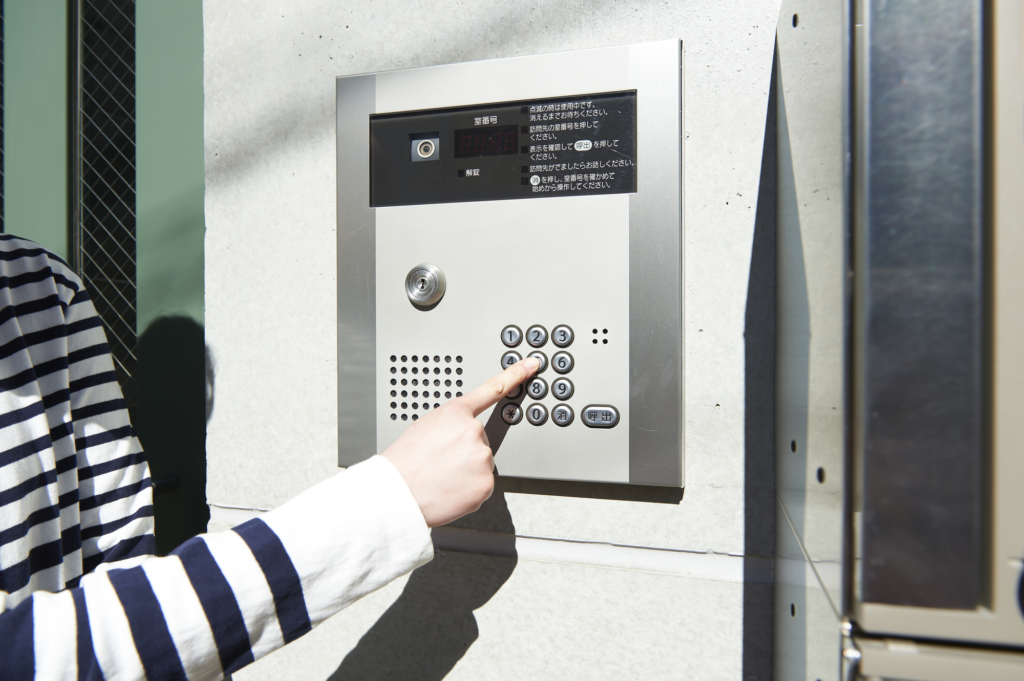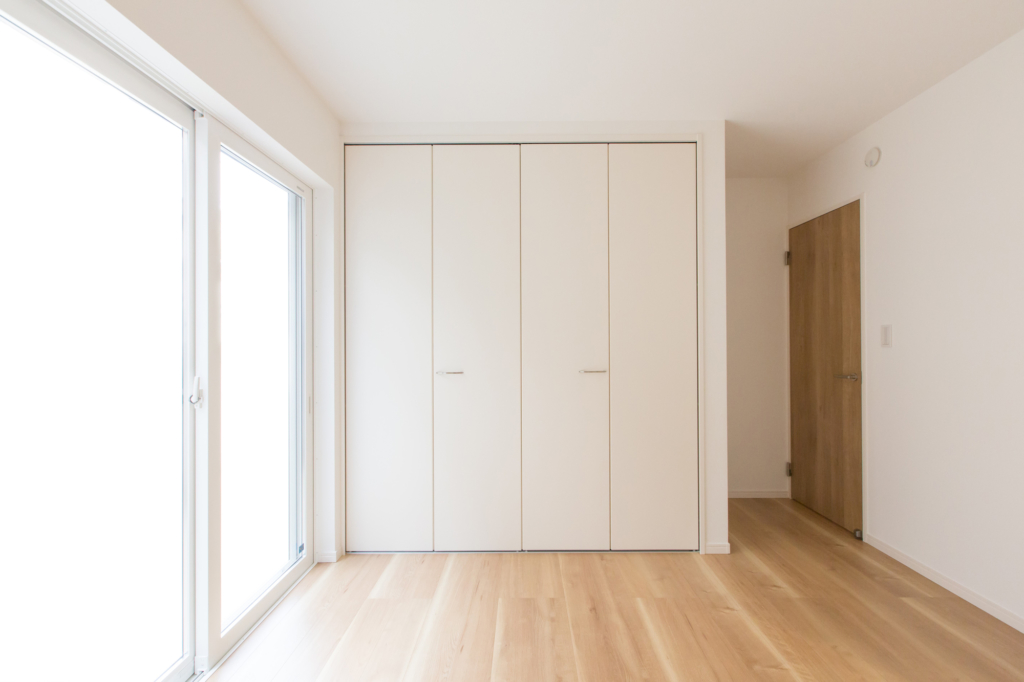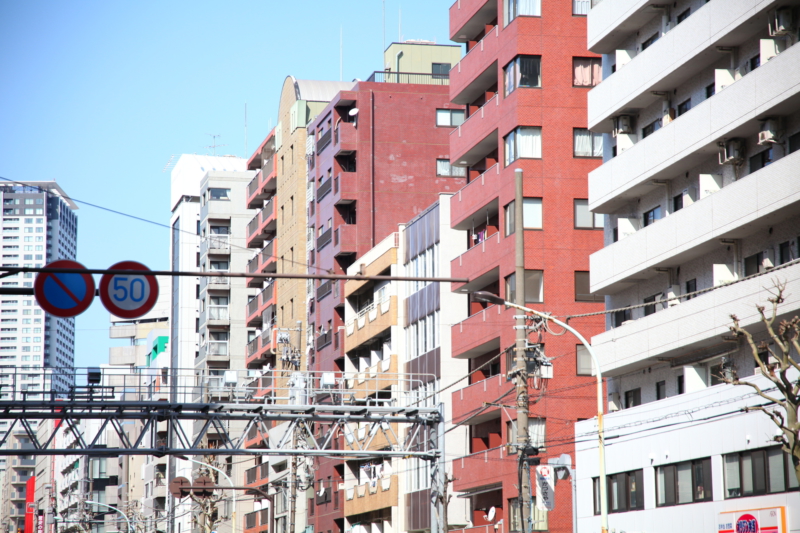When looking for a new place to live, the first thing people worry about is rent. Naturally, you want to save as much money on it as possible. That is why in this article, we’ll tell you everything you need to know about keeping your rent low while house-hunting in Japan.
How Much of Your Income Should Go to Rent?

First, let’s talk about rent estimates. It’s said that you should spend about 30% of your salary on housing. For example, if you make 150,000 yen a month, then your rent should be about 45,000 yen. If you make 200,000 yen, it should be around 60,000 yen, and so on. If it’s higher than that, you may have trouble affording your food, heating, and gas bills. But as long as you keep the rent to about 30% of your salary, you can find a place that’s perfect for you, financially speaking. Those who want to save even more money should look for places that cost 20% of their monthly salary. To get an idea of the property market in Japan, you can take a look at Japan Property, one of the leading property portal websites in Japan!
How to Keep Rent Low
Look for Places Far from the Train Station

The closer a home is to a train station, the higher the rent is going to be there. However, rents go down the farther you get from a station. You should aim for a home located about a 20-minute walk from a station for a reasonably low rent. Living in a place like that does have its disadvantages, but it also has its pluses. Besides lower rent, homes located farther from train stations tend to have more spacious rooms, so those looking for a little bit more breathing room should really consider this option.
The Older the Building, the Better

Rent in new and relatively new buildings will naturally be higher. If you want to save money, look for places that were built about 20-30 years ago, which will be 15,000 to 20,000 yen cheaper than the exact same type of house or apartment built earlier. However, when renting older properties, make sure that they fulfill all your needs in terms of amenities or security.
Look for Places on the Ground Floor

Ground-floor apartments tend to be cheaper because they don’t offer great views and aren’t as secure as higher-up rentals. However, when you’re living on the ground floor, you don’t have to worry about downstairs neighbors or having to take the stairs or the elevator. Weigh all the pros and cons of ground-floor rentals to figure out if the trade-offs are worth it to you.
Find Somewhere Without an Electronic Lock

Apartment complexes without electronic locks/intercoms at the front entrance tend to be less pricey. However, electronic locks prevent people who are not tenants from entering the property, so they are good for people who worry about security. Consider if an electronic lock is something that you may actually want.
Consider an Apartment with a Combined Bathroom and Toilet

At many single-person rentals, the bathtub and the toilet are located in the same room. Some, but not many, have a separate bathroom and toilet, but the rent there tends to be higher. A combined bathroom and toilet might be slightly inconvenient, but it might also save you some money on rent.
Have You Thought About a Japanese-Style Room?

A lot of Japanese-style rooms tend to be older and therefore less expensive. But they can be more comfortable than Western-style rooms, because they are airier and tend to feel less stuffy and damp in the summer. They also simply feel more Japanese!
Price Feels Too Good to Be True? What to Look Out for When Renting
When looking at online listings, you’ll often find seemingly great properties for really low prices — but that may be misleading. When looking for a new place to live, you should definitely inspect it in person first. This will give you a fuller picture of the type of place you’re getting yourself into.
Does the Room Get a Lot of Sunshine?

A lot of listings mention which direction a room’s windows are facing, but unless you see it with your own eyes, you won’t know how much sunshine you’ll actually be getting. For example, if there is a tall building right outside your window, you may not get any sun at all! Sunshine is important for comfortable living, so make sure you inspect a prospective rental on a sunny day.
Is Noise Pollution a Problem?

If the house is located next to train tracks or a highway, then noise pollution might be a problem, as may be the vibrations caused by passing vehicles. So when inspecting a house, make sure you also pay attention to the surroundings.
Is There a Cemetery Nearby?

Houses near cemeteries tend to be cheaper because people worry about ghosts or that the location brings bad luck or that the smell from the incense will get all over their laundry. Then again, the areas around cemeteries tend to be very quiet and full of nature.
Is the Location Safe and Peaceful?

If a house is located near an entertainment district, you may have to deal with rowdy crowds of people until late at night, which may make the area less secure. So you may be trading off a lower rent for less safety. When inspecting a house, walk the surrounding area, see what kind of people you see the most, and get a feeling for the local townscape and its inhabitants.
Is the House a Stigmatized Property?

If the house you’re looking at has none of the above problems but still feels suspiciously inexpensive, then there’s a chance that it’s a stigmatized property i.e. somewhere where someone committed a crime, had a serious accident, or even died.
Real-estate offices are mandated by law to inform people if a house is a stigmatized property. However, this is only the case for the first person to rent that property since it became stigmatized, so afterwards, the law says there is no obligation to inform you. You won’t be able to do anything once you’ve signed the contract, so make sure you ask your real-estate office about the history of a prospective rental.
We hope that this guide will help you find a rental property that best fits your needs. Make sure to properly consider what is a must-have for you and where you’re willing to settle. Remember that if you try to save too much money on rent, you may end up living somewhere you hate, and you don’t want that. So be frugal and save wherever you can, but also try and enjoy your new life in Japan.
If you want to give feedback on any of our articles, you have an idea that you’d really like to see come to life, or you just have a question on Japan, hit us up on our Facebook!
The information in this article is accurate at the time of publication.

